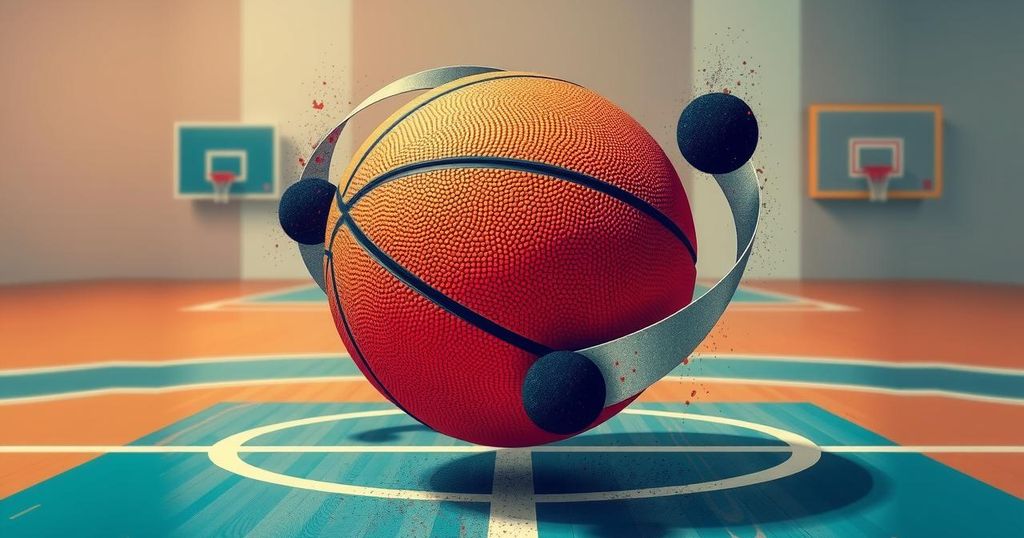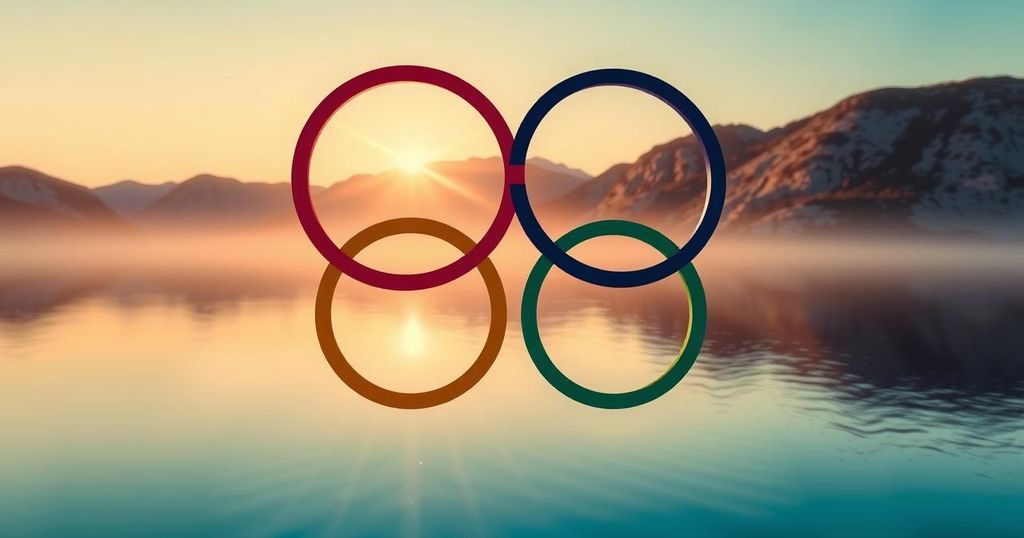Technical Analysis of the Paris 2024 Olympic Hockey Tournaments
The hockey tournaments at the 2024 Paris Olympics distinguished themselves through their remarkable competitiveness and dramatic outcomes, positioning them among the most thrilling in the annals of Olympic history. Jon Wyatt, a distinguished former player for Great Britain and Interim Senior Director of the International Hockey Federation (FIH), provided an insightful analysis of the events. He highlighted a trend of closely contested matches, noting that 55% of men’s games concluded either in a draw or by a single goal, marking a considerable increase from 34% at the Tokyo Olympics. The women’s tournament displayed a similar trend with 42% of games being fiercely competitive.
A defining characteristic of the Paris 2024 tournaments was the unexpected results that frequently challenged established world rankings. Both men’s and women’s finals concluded with shootouts, a first in Olympic hockey, which underscored the unpredictability and parity that prevailed throughout the competition.
In terms of technical performance, the tournaments were notable for exceptional goalkeeping, leading some to refer to them as the “Olympics of the Goalkeepers.” The performances of notable goalkeepers such as India’s Sreejesh and the Dutch duo of Pirmin Blaak and Anne Veenendaal played pivotal roles in their teams’ fortunes during closely contested matches. This emphasis on defensive excellence translated into a decrease in overall scoring, with a 25% reduction in goals scored during the men’s tournament compared to Tokyo. However, the women’s event maintained goal-scoring levels, indicating a shift towards stronger defenses in the men’s game while the women’s competition retained its attacking dynamism.
Another critical aspect observed at Paris 2024 was the strategic impact of disciplinary cards upon gameplay. Unlike previous tournaments, where teams persisted with their strategies despite being short-handed, teams in Paris adapted significantly, often fortifying their defenses when a player was penalized. This shift demonstrates a nuanced understanding of game dynamics and a strategic evolution in response to disciplinary challenges faced during the competition.
The significance of penalty corners (PCs) in modern hockey was also scrutinized at Paris 2024, where conversion rates plummeted, primarily due to advanced defensive tactics and exceptional goalkeeping. For instance, the top-performing teams converted only 25% of their penalty corners, showcasing the defensive prowess that has developed in recent years, thus challenging attackers more than ever.
Paris 2024 also showcased a growing emphasis on aerial play, which has become a vital tactical component in breaking through strong defensive formations. The excellence of players in executing aerial passes was exemplified during key moments, further enriching the dynamic nature of the game.
Teams that failed to progress to the knockout stages nevertheless demonstrated commendable skill levels, reflecting sports’ increasing competitiveness. Participation in the Pro League has evidently bolstered teams’ preparedness, as evidenced by China’s impressive performance resulting in a historic silver medal. The close margins of many group stage matches indicate that the gap between the elite teams and the rest continues to narrow.
Lastly, the overall performance of the umpires at the Paris 2024 Olympics was commendable. Extensive preparations undertaken by the umpires contributed to a high standard of officiating, receiving positive feedback from participants. The introduction of mixed-gender officiating and the use of advanced technology such as the Hawkeye system for video reviews further enhanced the accuracy of game officiation, promoting fairness and integrity throughout the tournament.
In conclusion, the hockey tournaments at the Paris 2024 Olympics provided compelling narratives of intense competition, unwavering defensive strategies, and meticulous officiating, thus setting a new standard in Olympic hockey. Their legacy will undoubtedly influence the future of the sport on the global stage.








Post Comment